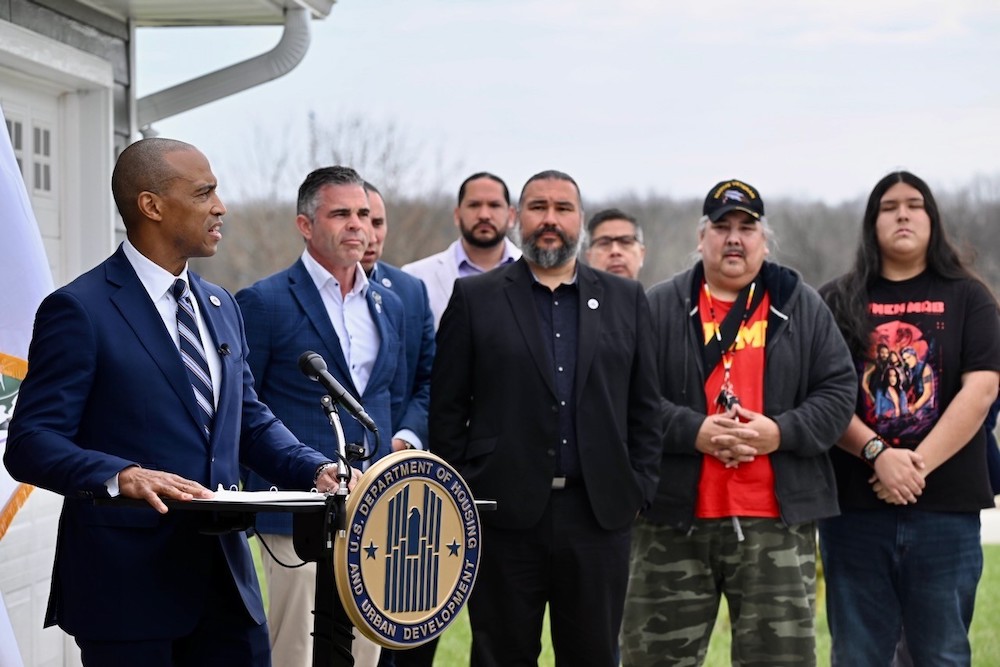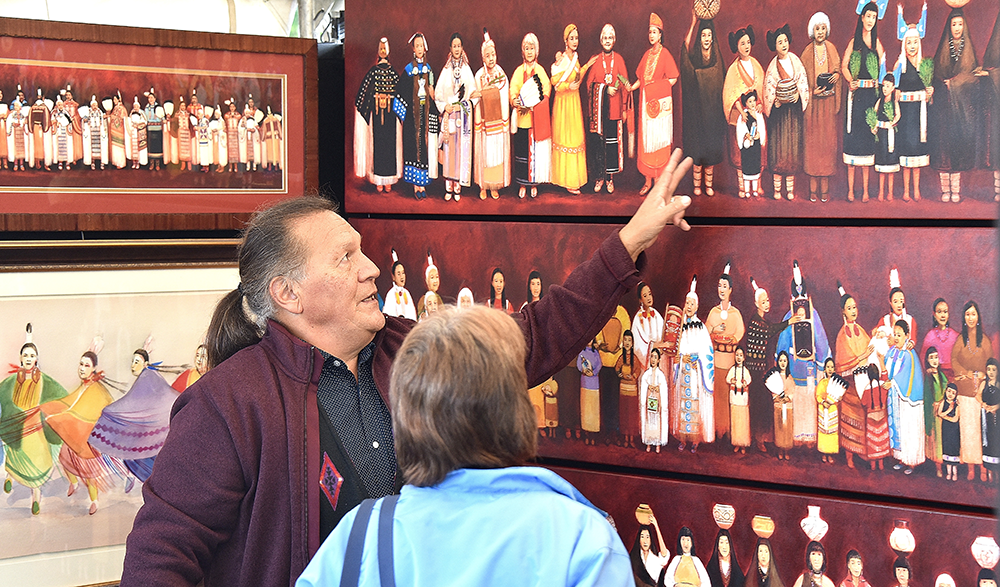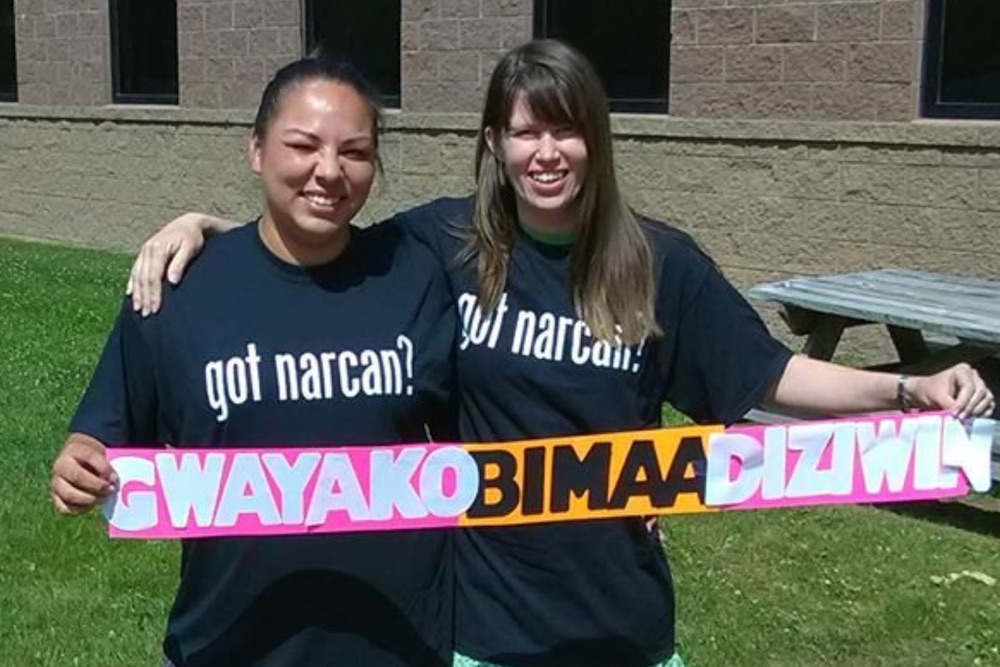
- Details
- By Scott Turner, HUD Secretary
Guest Opinion. Homeownership is a cornerstone of the American Dream. For many communities, including tribal communities, the path to homeownership has been filled with challenges.
Across Indian Country, Native American families are working to overcome barriers to homeownership such as limited access to credit due to the complex status of tribal land. These barriers result in higher interest rates, overcrowding, deficient housing stock, and scarce opportunities for building generational wealth.
At the U.S. Department of Housing and Urban Development (HUD), we are addressing roadblocks to Native American homeownership and improving systems to meet the growing demand for affordable homes.
We want tribal communities to know that HUD is committed to expanding homeownership opportunities on their reservations.
As HUD secretary, I’ve been blessed with the opportunity to visit tribal lands and witness firsthand the powerful impact of homeownership across Indian Country. During my visit to the Oneida Nation in Green Bay, Wisc., I met a veteran who shared that homeownership gave him more than a roof over his head – it provided the stability he needed to pursue job opportunities and help his son graduate from high school.
A home anchors families and strengthens communities—and HUD’s Section 184 Indian Home Loan Guarantee Program helps tribal communities build these foundational roots through access to the financial tools needed for homeownership.
Since the program began in 1992, HUD has facilitated more than $10.5 billion in investments across tribal communities, opening up a pathway to homeownership for over 58,000 tribal members. By offering a 100% guarantee to lenders, flexible underwriting, low down payments, and reduced fees, Section 184 acts as a catalyst for economic growth on tribal lands and breaks down bureaucratic barriers to homeownership for Native Americans.
At HUD, we are working with stakeholders and tribal leaders to swiftly and effectively modernize the program, increase efficiency, and foster robust housing and lending ecosystems for Native American communities. These collaborations have led to important refinements to Section 184, expanding access to homeownership opportunities and turning the dream of owning a home into a reality for more families across Indian Country.
This modernized program does more than simply support individual tribal members. Eligible borrowers also include tribes and Indian Housing Authorities that can use the single-close construction feature to carry out large-scale developments, which will increase their housing stock without income restrictions. These loans can then be assumed by tribal members, allowing them to link their business and economic development goals with their housing initiatives. This creates a cycle of economic resilience grounded in stable homeownership, which lays the foundation for generational wealth.
For example, through Section 184, a family in the Navajo Nation was able to purchase a $150,000 home. They invested sweat equity into renovating their new house, and as the market grew, so did their equity. Eventually, this family was able to purchase a home worth nearly a half-million dollars. What began as a modest start under the Section 184 program turned into a generational asset that this family can pass on to their children and grandchildren.
Homeownership means economic opportunity. Economic opportunity means generational stability. And generational stability means a lasting and prosperous future for Native American communities.
As we celebrate National Homeownership Month, I am committed to strengthening our Section 184 program, which has become the lowest-cost, lowest-risk and highest-impact mortgage product for Indian Country today. By empowering tribal families to invest in stable housing, Section 184 fuels local economic development, strengthens tribal communities, and preserves cultural ties to land.
Under President Trump’s leadership, we will boost economic and community development in all communities—rural, urban, and tribal—and promote pathways to homeownership for all Americans.
I am proud to share that HUD has already helped tens of thousands of Native American families achieve the American Dream of homeownership. We stand ready to help tens of thousands more.
Scott Turner is the 19th secretary of the U.S. Department of Housing and Urban Development.
Help us tell the stories that could save Native languages and food traditions
At a critical moment for Indian Country, Native News Online is embarking on our most ambitious reporting project yet: "Cultivating Culture," a three-year investigation into two forces shaping Native community survival—food sovereignty and language revitalization.
The devastating impact of COVID-19 accelerated the loss of Native elders and with them, irreplaceable cultural knowledge. Yet across tribal communities, innovative leaders are fighting back, reclaiming traditional food systems and breathing new life into Native languages. These aren't just cultural preservation efforts—they're powerful pathways to community health, healing, and resilience.
Our dedicated reporting team will spend three years documenting these stories through on-the-ground reporting in 18 tribal communities, producing over 200 in-depth stories, 18 podcast episodes, and multimedia content that amplifies Indigenous voices. We'll show policymakers, funders, and allies how cultural restoration directly impacts physical and mental wellness while celebrating successful models of sovereignty and self-determination.
This isn't corporate media parachuting into Indian Country for a quick story. This is sustained, relationship-based journalism by Native reporters who understand these communities. It's "Warrior Journalism"—fearless reporting that serves the 5.5 million readers who depend on us for news that mainstream media often ignores.
We need your help right now. While we've secured partial funding, we're still $450,000 short of our three-year budget. Our immediate goal is $25,000 this month to keep this critical work moving forward—funding reporter salaries, travel to remote communities, photography, and the deep reporting these stories deserve.
Every dollar directly supports Indigenous journalists telling Indigenous stories. Whether it's $5 or $50, your contribution ensures these vital narratives of resilience, innovation, and hope don't disappear into silence.
 The stakes couldn't be higher. Native languages are being lost at an alarming rate. Food insecurity plagues many tribal communities. But solutions are emerging, and these stories need to be told.
The stakes couldn't be higher. Native languages are being lost at an alarming rate. Food insecurity plagues many tribal communities. But solutions are emerging, and these stories need to be told.
Support independent Native journalism. Fund the stories that matter.
Levi Rickert (Potawatomi), Editor & Publisher














